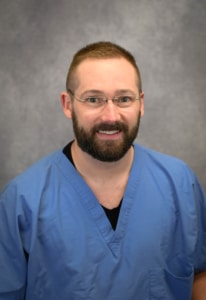BCH provides advanced treatments for heart disease, including high blood pressure, coronary heart disease, and congestive heart failure.
We are pleased to offer advanced cardiopulmonary diagnostics and therapies for our community.
Our test results are typically available within 24 hours.
Learn more about our Cardiopulmonary Department and the equipment we use here.
Cardiology Procedures
- Event Monitor
- Holter Monitor (24 hr.)
- Holter Monitor (48 hr.)
- Holter Monitor (7 day)
- Holter Monitor (14 day)
- 12 Lead ECG/EKG with Interpretation
- Echocardiogram Complete (with or without strain)
- Echocardiogram Limited
Pulmonary Procedures
- Pulmonary Function Test (PFT) – a complete PFT includes the following 3 components
- Pre/Post- bronchodilator
- Diffusing Capacity
- Total Lung Volume
- 6-Minute Walk
- MDI Instruction
- Nocturnal Oximetry Study
- Nebulizer Treatment (SVN)
Procedural Care Clinic Procedures
- Elective Cardioversion
- Flexible Bronchoscopy
- Thoracentesis
Get Started
Talk to your physician about our cardiopulmonary diagnostics and therapies and how it might benefit you, or call the BCH Cardiopulmonary office for more information. Cardiopulmonary services are covered by Medicare and most other insurance plans.
Cardiopulmonary Outpatient Hours
Monday – Friday 7 am – 5 pm
Check-In at the Admitting Reception Desk in the Outpatient Clinic
Cardiopulmonary Phone (208) 267-3141 x4283
Cardiopulmonary Fax (208) 267-4857
In the primary prevention of coronary heart disease the modification of risk factors such as (diet, smoking, weight loss, diabetes control, dyslipidemia, and physical exercise) produce additive reductions in the risk of coronary heart disease, stroke, and total mortality.
At BCH, we recognize that cardiovascular disease increases the likelihood of hospitalization and death in our community. We aim to expand our Cardiopulmonary Department with equipment to detect early coronary artery disease and support patients as they recover from cardiovascular disease related hospitalizations.
Our overarching goal is to promote the health of our community. Cardiovascular disease prevention is a logical step to fulfill this goal.


